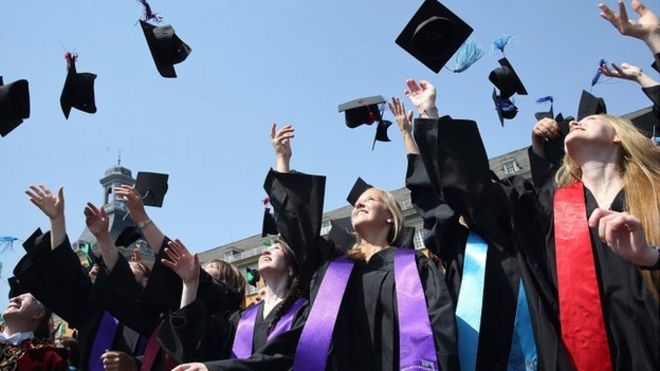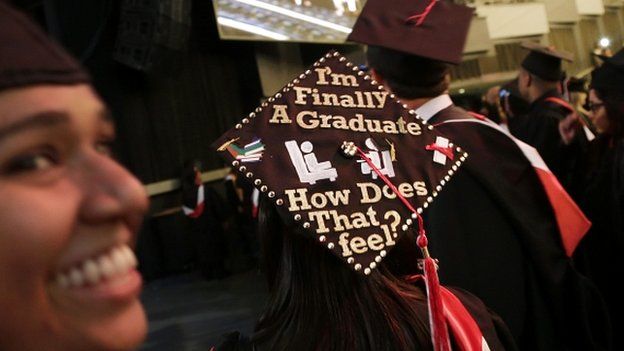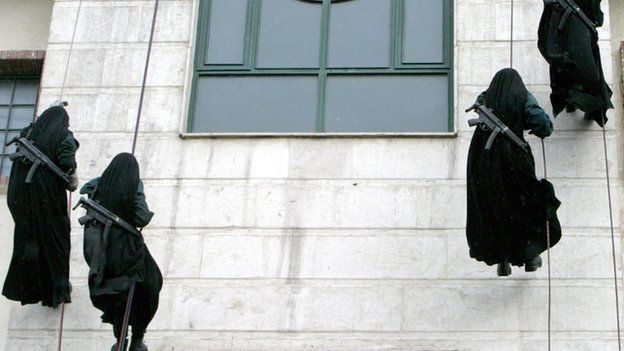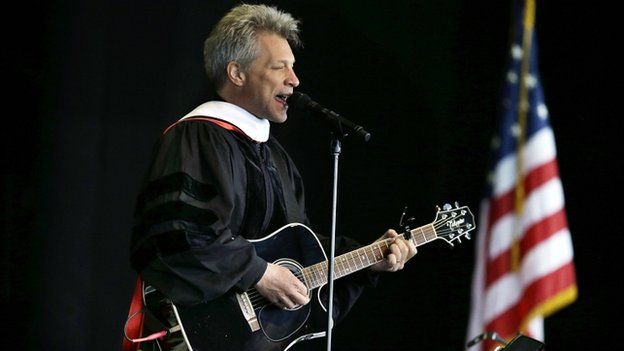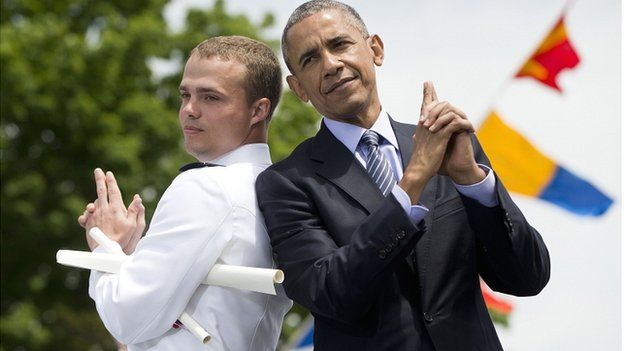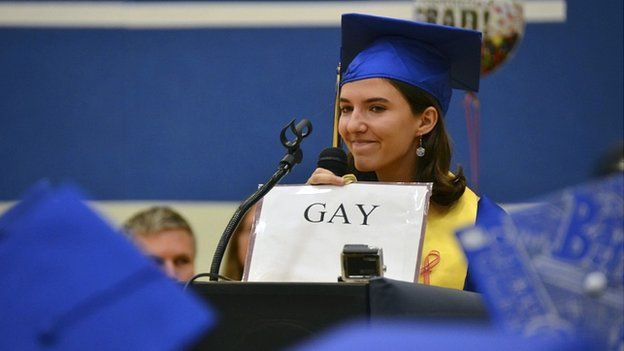“It is not about the
technology; it’s about sharing knowledge and information, communicating
efficiently, building learning communities and creating a culture of
professionalism in schools. These are the key responsibilities of all
educational leaders”. – Marion Ginapolis
This quotation from Marion Ginapolis really
caught my eyes. I can reflect what I’ve learned in our educational technology 2
from this quotation. From all the experiences I had encountered with this
subject I can say that it is really worth it. I may have experienced some
difficulties and hardships from those experiences but still I can say that
those are great and meaningful experiences. This subject made me to become
globally competitive and more updated with the new trends of technology in
teaching. As a future teacher, I must appreciate the broad benefits that the
computer can bring in the lives of students and teachers.
Students nowadays are expected to be creative
with higher - order thinking skills and flexible in different learning
situations. In the modern classroom, teachers can't easily get the attention of
students when teaching lessons using traditional method, and this made me
realized and learned that it is really important that we student teachers must become
more creative and flexible in this 21st century especially that we
will be teaching young individuals in the near future. Learners today are into
technology and fond of exploring, so we teacher needs to incorporate technology
during instruction to get the appeal and attention of the students, for them to
enjoy the lesson and participate in class.
I learned that by taking this subject it could
help me enhance my knowledge about the modern technology that we had nowadays. Learners
in other countries were already engaged with different high technologies in contrast,
most us here in the Philippines do not know how to manipulate computer. How could
the learners be engaged with the new technologies and be updated with the new
trends if the teachers will not even allowed them to use computer. As a future
teacher, we should not let our students left behind. We must engage them from
any activities that could help them to gain knowledge and improve their skills
not only with the lessons or subject matter itself but as well as in manipulating
new technology that could also provide learning for the students.
I learned that teacher should acquire computer
skills to the students so that we teacher someday could be a model in
integrating educational technology in teaching-learning process. It is a new
challenge for us as a future teacher that teaching is not just simply achieving
learning objectives but to encourage the development of the students who can do
more than receive, recall, recite and apply the knowledge they have to acquire.





